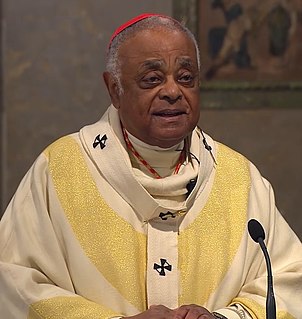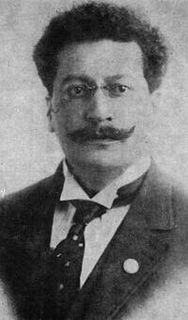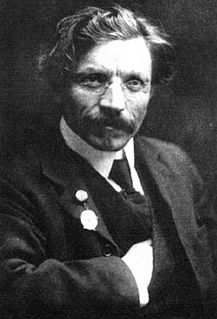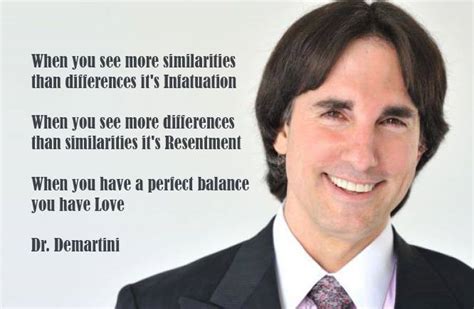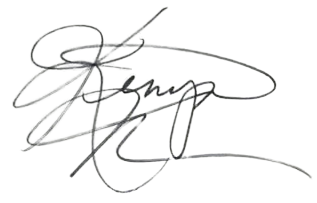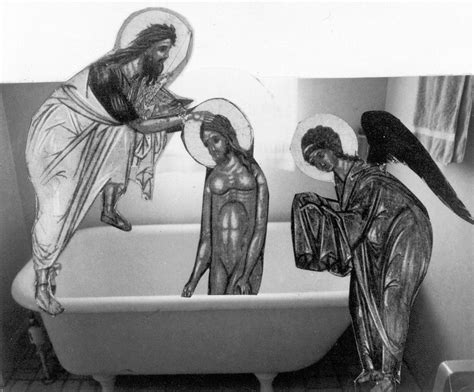Top 1200 Our Daily Bread Quotes & Sayings - Page 4
Explore popular Our Daily Bread quotes.
Last updated on December 21, 2024.
To be a holy person means that the elements of our natural life experience the very presence of God as they are providentially broken in His service. We have to be placed into God and brought into agreement with Him before we can be broken bread in His hands. Stay right with God and let Him do as He likes, and you will find that He is producing the kind of bread and wine that will benefit His other children.
Bless, O Lord of the centuries and the millennia, the daily work by which men and women provide bread for themselves and their loved ones. We also offer to your fatherly hands the toil and sacrifices associated with work, in union with your Son Jesus Christ, who redeemed human work from the yoke of sin and restored it to its original dignity.
It is truly strange how long it takes to get to know oneself. I am now sixty two years old, yet just one moment ago I realised that I absolutely love lightly toasted bread. Simultaneously, I also realised that I loathe bread when it is heavily toasted. For almost sixty years, and quite unconsciously, I have been experiencing inner joy or total despair at my relationship with grilled bread.
Bake some bread. Make a focaccia bread or bake a whole mill loaf. Do something creative, and then put the labor of love into it in the beginning. When you take that bread out of the oven and you eat it an hour- and- a- half, two- hours later, you start to appreciate it more and then you eat less because you worked so hard to make it, you appreciate it in a much better way.
The true clerc is Vauvenargues, Lamarck, Fresnel, Spinoza, Schiller, Baudelaire, César Franck, who were never diverted from single-hearted adoration of the beautiful and the divine by the necessity of earning their daily bread. But such clercs are inevitably rare. The rule is that the living creature condemned to struggle for life turns to practical passions, and thence to the sanctifying of those passions.
Freedom is not just something with which we are born; it is something we achieve. America did not receive a perpetual endowment of freedom; it has had to struggle and fight to preserve it. Freedom is not an heirloom or an antique; it is a life that must fight against the corrosive powers of death and nourish itself on the daily bread of goodness and virtue.
Since Christ Himself said in reference to the bread: "This is My Body," who will dare remain hesitant? And since with equal clarity He asserted: "This is My Blood," who will dare entertain any doubt and say that this is not His Blood?... You have been taught these truths. Imbued with the certainty of faith, you know that what seems to be bread is not bread but the Body of Christ, although it seems to be bread when tasted. You also know that what seems to be wine is not wine but the Blood of Christ although it does taste like wine.
We forget that every good that is worth possessing must be paid for in strokes of daily effort. We postpone and postpone until those smiling possibilities are dead... By neglecting the necessary concrete labor, by sparing ourselves the little daily tax, we are positively digging the graves of our higher possibilities.
We are here on earth to work-to work long, hard, arduous hours, to work until our backs ache and our tired muscles knot, to work all our days. This mortal probation is one in which we are to eat our bread in the sweat of our faces until we return to the dust from whence we came. Work is the law of life; it is the ruling principle in the lives of the Saints.





